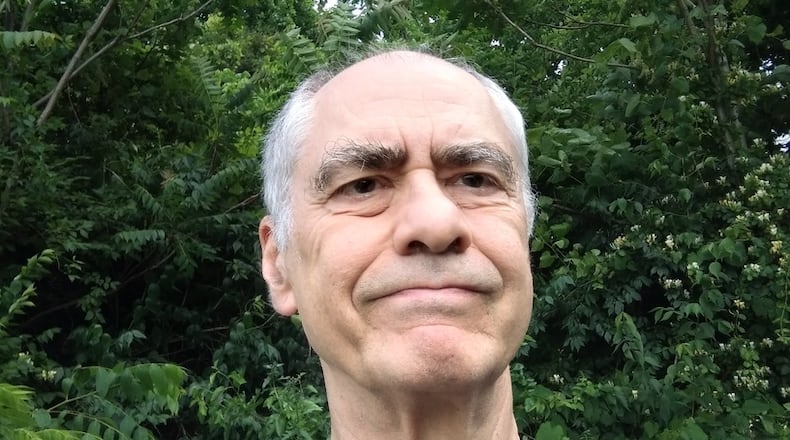1. It avoids the agony of dying from disease.
2. It respects patients’ rights to make their own health care decisions.
But we do not have a right to do what is wrong. Unless avoiding agony establishes that such killings are not wrong, respecting “rights” is irrelevant. So let’s consider whether avoiding the pain of a natural death justifies the patient’s killing himself.
People will be inclined to find point 1 persuasive if they accept philosophical hedonism, the idea that good is pleasure and evil is pain, and getting the one and avoiding the other is the proper goal of life.
But hedonism is false.
If hedonism were true, the following acts would be equally bad. (a) A mad scientist, Kate, applies a “treatment” to a newborn child, Abel, depriving him of half his ability to experience pleasure and pain. Or (b) Kate waits for Abel to grow up, to the middle of his natural span of years, then kills him. Either way, Abel is deprived of the same amount of pleasures and pains, so according to hedonism, both would be equally bad. But surely the killing is far worse. Therefore hedonism is false. There is some good in human life beyond the pleasures it brings, some good that remains in spite of pains.
Further, we ought to do what we can to prevent veterans’ suicides. Over 6,000 veterans took their lives in 2021, many suffering post-traumatic stress disorder (PTSD). Yet did not these veterans take their lives because they found them unbearable? If we ought to prevent veterans’ suicides, doesn’t that mean that their lives are valuable in spite of unbearable pain? If the prospect of a many-years, possibly lifelong agony does not justify veterans’ ending their lives, how does it justify suicide by the mortally sick with the same prospect for only six months? (PTSD is treatable, but results are mixed.)
“If there is meaning in life at all,” writes Viktor Frankl, “then there must be a meaning in suffering.” Reflecting on Kate and Abel and our duty to veterans, we know human life has value independent of pleasure and pain.
But how do we find that meaning? Buffon labored on with his Natural History through three years of excruciating pain before dying of kidney failure. Others, faced with impending death, turn from pursuing work and wealth to spend time with loved ones. There is no one way. Some of us unite our suffering with Christ’s, “offering it up” as a redemptive act of love (cf. Colossians 1:24).
Rhetoric supporting physician-assisted suicide abounds with euphemisms. Even the phrase “death with dignity” obscures the fact that we are talking about self-slaughter. “A short time after he took his medication, he quietly passed away” sounds so innocent. But medicine is to heal, not kill. Say rather: “He took his poison.”
Think, then, three times:
1. Life isn’t only about getting pleasure and avoiding pain. Sometimes it’s about how to bear the pain. What the dying person needs help with is not ending his life, but finding the meaning of his suffering.
2. We don’t have a right to do wrong. Relief of suffering does not justify killing a human being.
3. Beware fair words that hide foul meaning.
Compassion is good: true compassion does not kill.
Gregory D. Weber is a retired computer science professor.
About the Author
